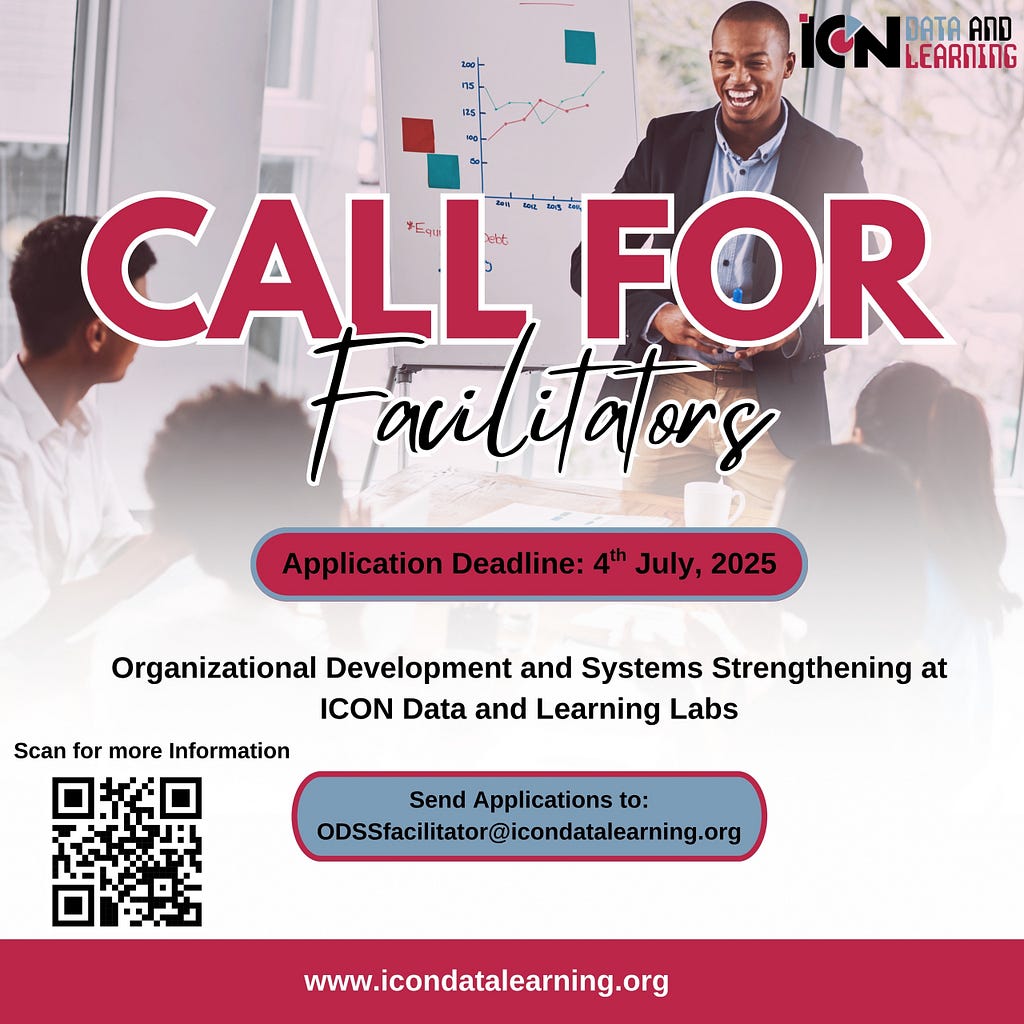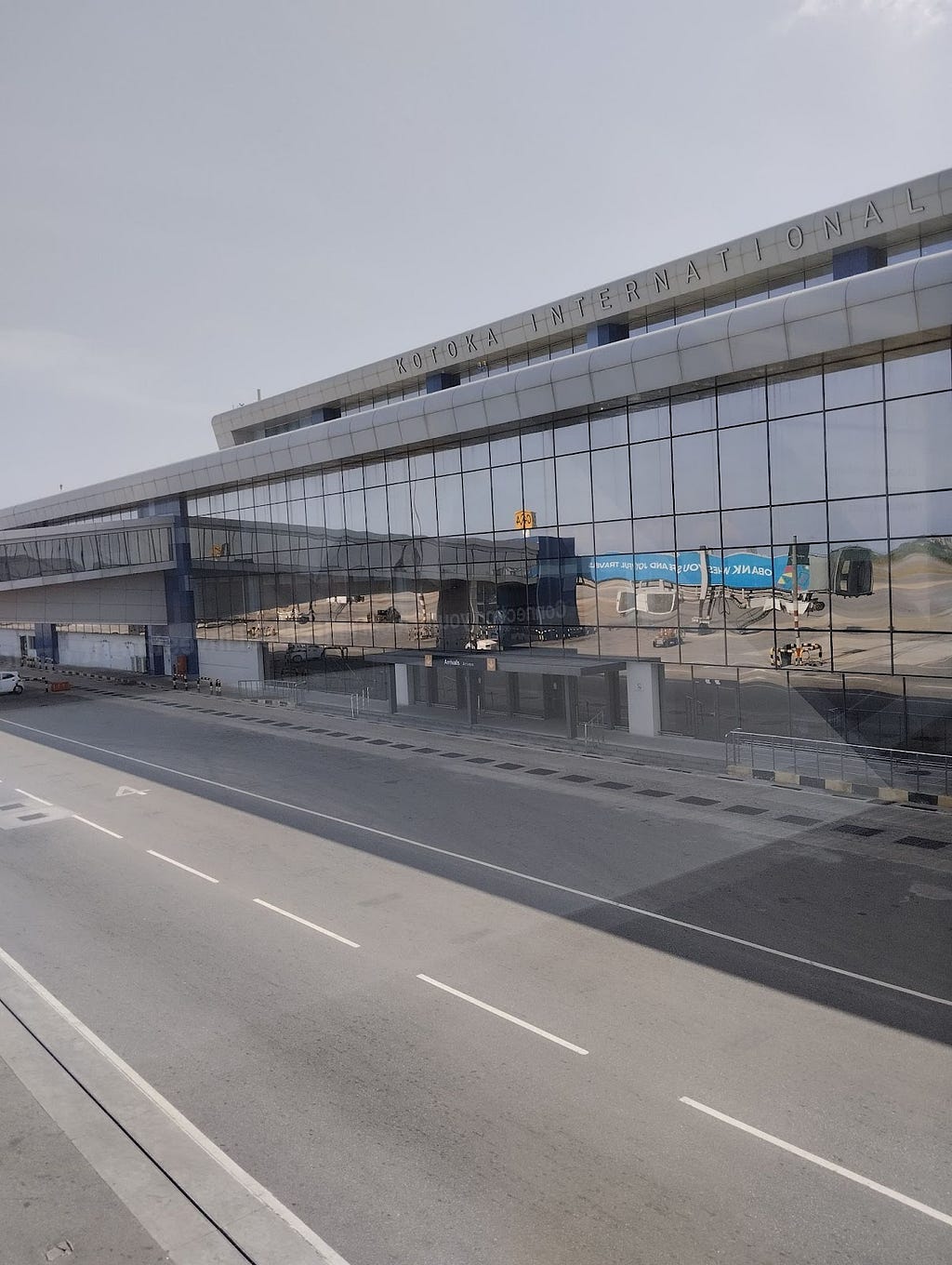Harnessing the Power of Data: ICON Data and Learning Labs’ Journey of the Capacity Accelerator Network (CAN) Training
Story by Zeddy Misiga & Ongati Odede
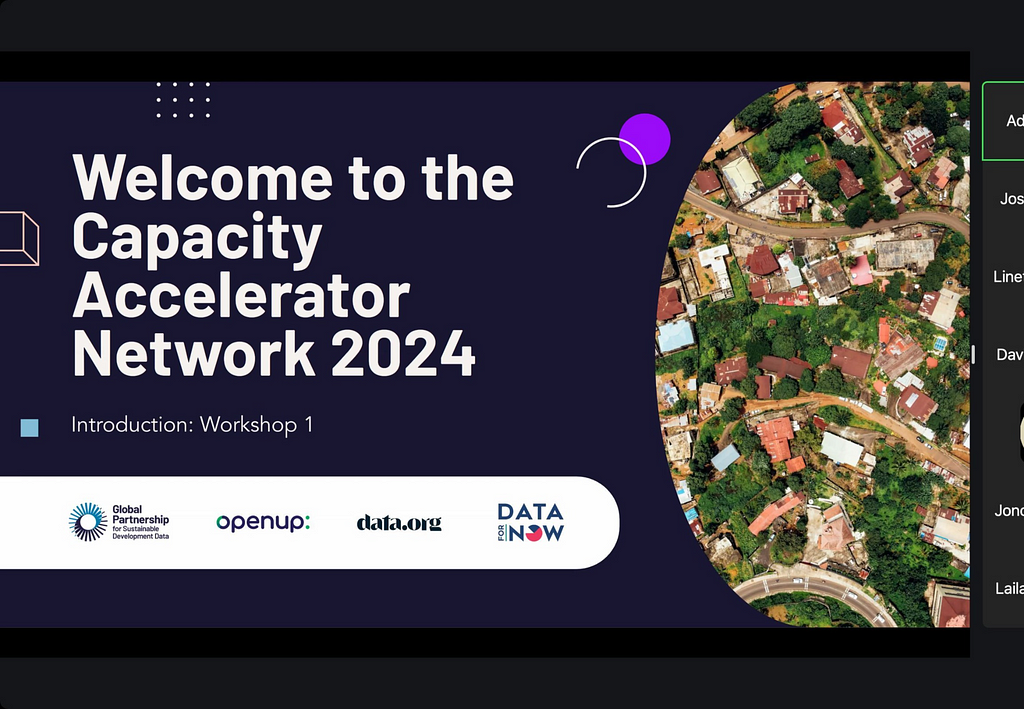
As organizations continue to prioritize digitization and data-driven decisions amid the advent of the fourth industrial revolution (4iR), the importance of quality data cannot be overstated . In 2023, ICON Data and Learning Labs (IDL) was officially approved to offer its data and learning programs to the marginalized populations and grassroots organizations. This marked a significant milestone in our journey to empower local communities and organizations to excel in digital operations and data-driven decision making.
Recently, as part of IDL organizational development and system strengthening, our team members Ongati Odede and Zeddy Misiga, took some time to reflect on the amazing experience during the Global Partnership for Sustainable Development Data (GPSDD) second cohort of the Capacity Accelerator Network (CAN) Climate and Health Data Training, an intensive 12 week virtual & physical course. The Africa Climate and Health Data CAN training, an initiative by the GPSDD and data.org, supported by Wellcome Trust to equip emerging data professionals with interdisciplinary skills needed to work in the intersection of climate and health to tackle challenges and improve lives across Africa. The CAN training comprised sessions from introduction to African data landscape and Machine learning context training to advanced sessions on data wrangling, visualization and communication.
Additionally, IDL team members were also taken through hands-on use case development including opportunities to collaborate with other professionals across Africa within the climate and health data space.This program strengthened our commitment to use data, especially in addressing pressing health and climate challenges within the local communities.
“This training could not have come at a better time.” Ongati says, “It greatly complemented our ‘Research-to-Change (R2C) Small Grants Initiative’ where we were working with 10 local non-profits to improve their data management practices”. This R2C initiative supported by IREX through Root Change aimed to improve the quality and processes of local organizations’ data management practices.

“Looking back, I was really lucky to work with Alban Manishimwe, from the Ugandan National Statistical Office (NSO), Ejiro-Oghene Paul from the Lagos State Government, and Dr. Rabiah Ryklief, a nature conversationalist and science communicator from South Africa. Of course I also have to mention how professional and well-versed the facilitators were. Their insights and new knowledge from the training have been valuable in the design of our data literacy & advocacy approach for 2025.” Zeddy recalls.
The IDL Strategy 2025, focuses on four areas, that is, (i) strengthening data governance and ethics, (ii) supporting the digital and data economy, (iii) contributing to digital transformation; and (iv) sustaining efforts for sustainable & inclusive data ecosystems. Collaborating and working with our existing and new partners, IDL intends to continue its work with grassroots organizations and rural communities to harness the power of data and AI for social impact.
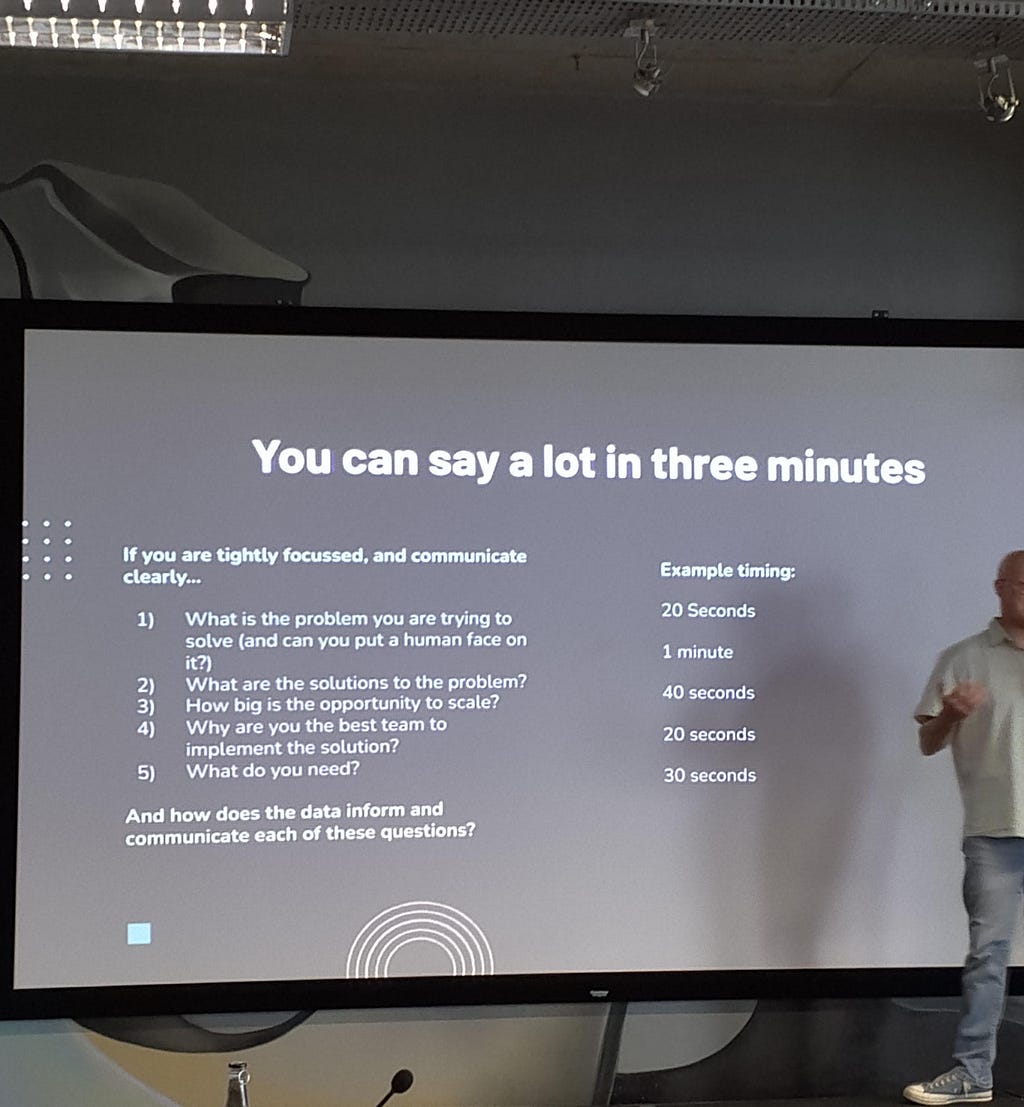
As a social impact organization, utilizing the knowledge and resources from the CAN training, we intend to continue with our work on championing the transformative power of data and digital skills to create inclusive, impactful, and scalable solutions for the communities we serve. In line with our mission, we aim to further equip an additional 5000 youth, young women, and persons with disabilities this year with the tools and skills to generate, analyze, and effectively use data. We firmly believe that data doesn’t just tell stories; it drives change.
“From our previous engagements with the local non-profits, we’ve identified recurring gaps in how data is collected, stored, used, and visualized”, says Ongati. “This CAN training supercharges everything for us, especially in scaling our efforts.” she concludes.
More specifically, IDL is not just teaching local non-profits how to manage data — we’re showing them how to turn their data into actionable insights through stories that inspire change and policy directions. With tools accessed for the GPSDD Climate and Health Data CAN training, like Exploratory.io, we’re assisting organizations collect, predict and explore their data in real-time, making sure they can act fast especially where stakes are high. Whether it’s tackling gender-based violence, health issues, or climate severities, real-time data & predictive capabilities enables us to take action before problems escalate.
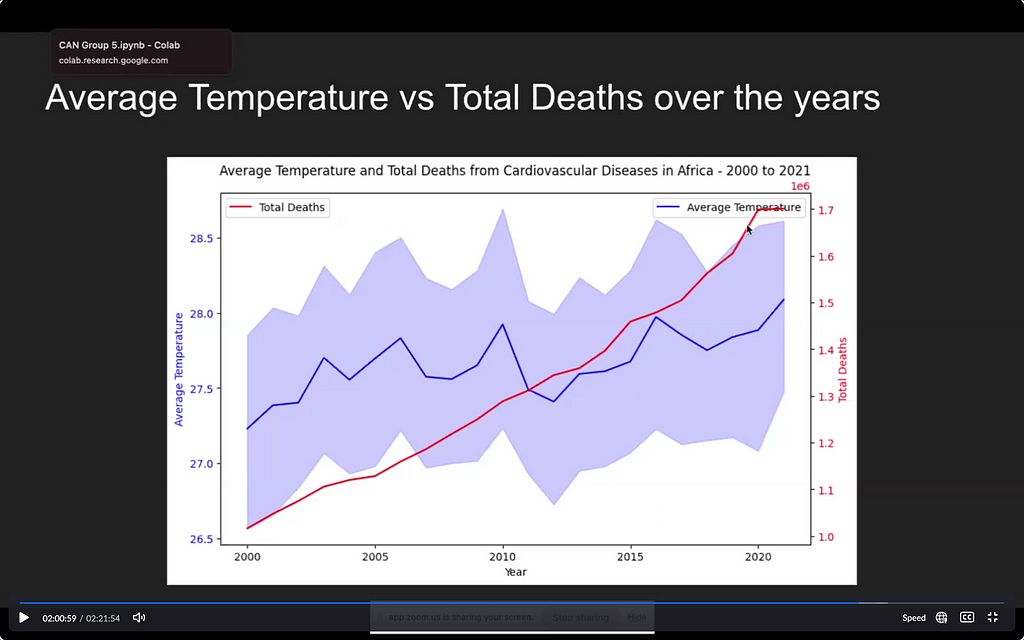
To conclude the training Zeddy presented his team’s project — an application of data science to a real world challenge. The project titled ‘Assessing the Impact of Temperature and Carbon emissions on Cardiovascular Deaths in Africa’ aimed to evaluate how rising temperatures and carbon emissions affect cardiovascular mortalities. Using python for analysis and visualization, the project revealed that increased temperatures such as heat stress and exacerbated cardiovascular conditions, resulted in higher mortality. Among others, the study recommended educating communities on the health risks associated with climate change to empower them to make lifestyle changes. “I was particularly surprised that only 1 in 5 countries have data on climate goals and the fact that majority NSOs lacked or had insufficient data on the same” Zeddy concludes.
This CAN training has proved valuable. Currently, IDL is working together with GPSDD towards supporting the CAN Use-case for cohort 2 fellows. IDL is the host institution for the Kenyan CAN Data Science Fellow using data science to address the effects of climate change on human health. The fellow, who is among the 10 fellows selected across Africa, is working with Zeddy (from the CAN data training cohort II) on IDL proposed use case project.

